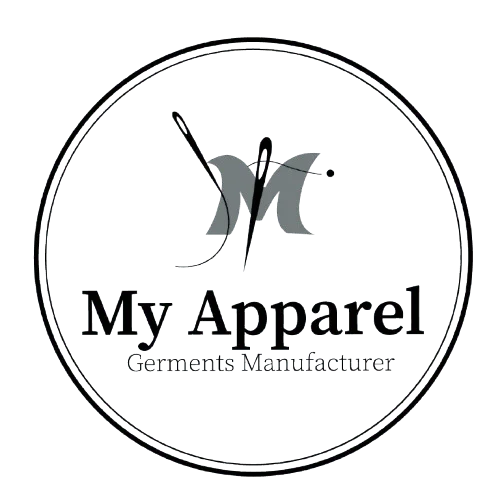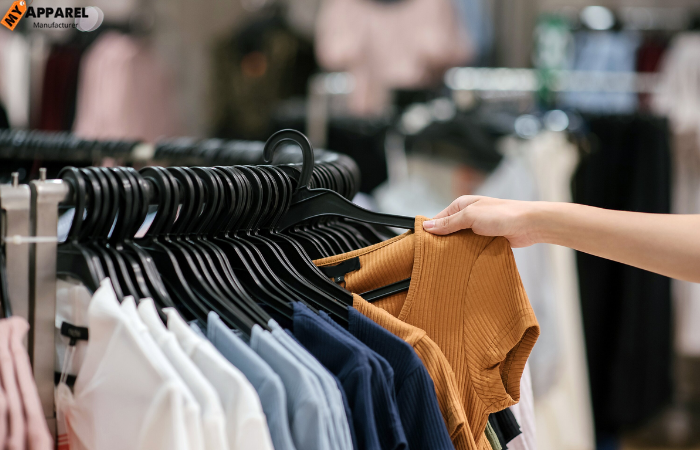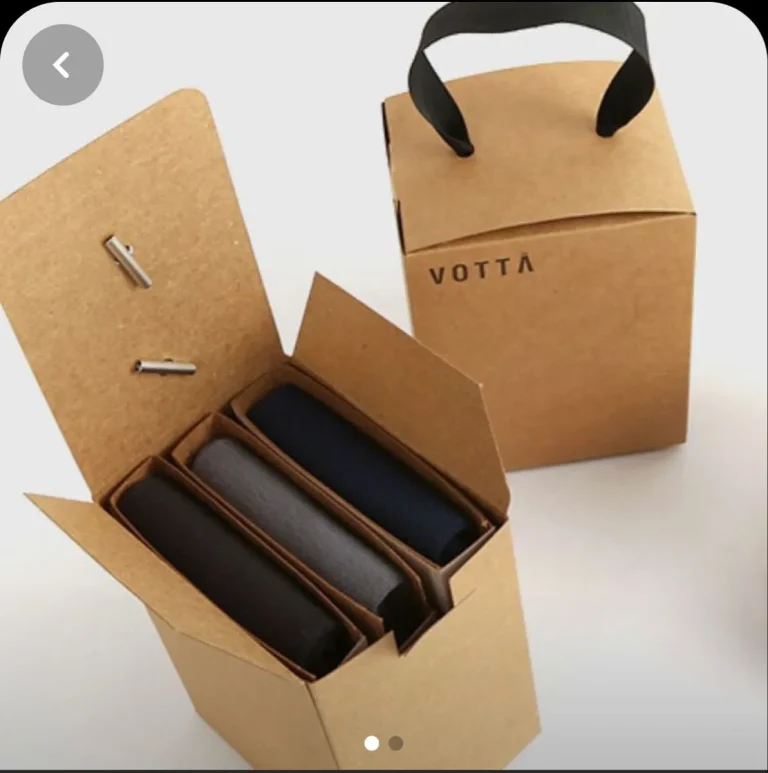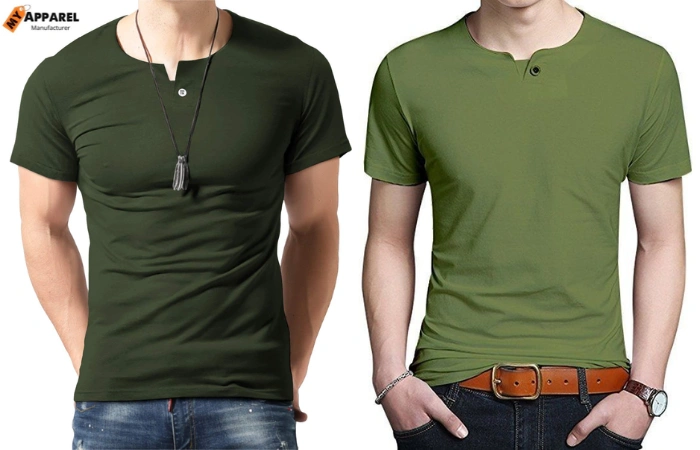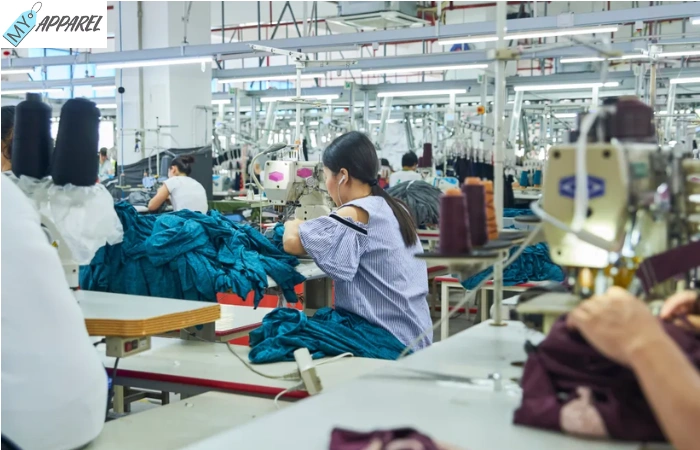Private label has revolutionized the fashion industry by allowing brands to launch customized apparel without owning a factory. In this post, you’ll learn how private label works in clothing, how to find quality private label clothing manufacturing, and how to build your brand with minimal risk.
What Is Private Label Clothing?
Private label and clothing manufacturing refers to products made by a manufacturer but sold under a retailer’s brand name. Unlike white label or generic products, that how private label works in garments are tailored to your specifications—fabric, design, sizing, labels, and packaging.
- Custom private label clothing gives full control over design and branding.
- It’s different from outsourcing a generic product with your logo (which is typical of many private label dropshipping suppliers).
- Private label offers full exclusivity and higher perceived value.
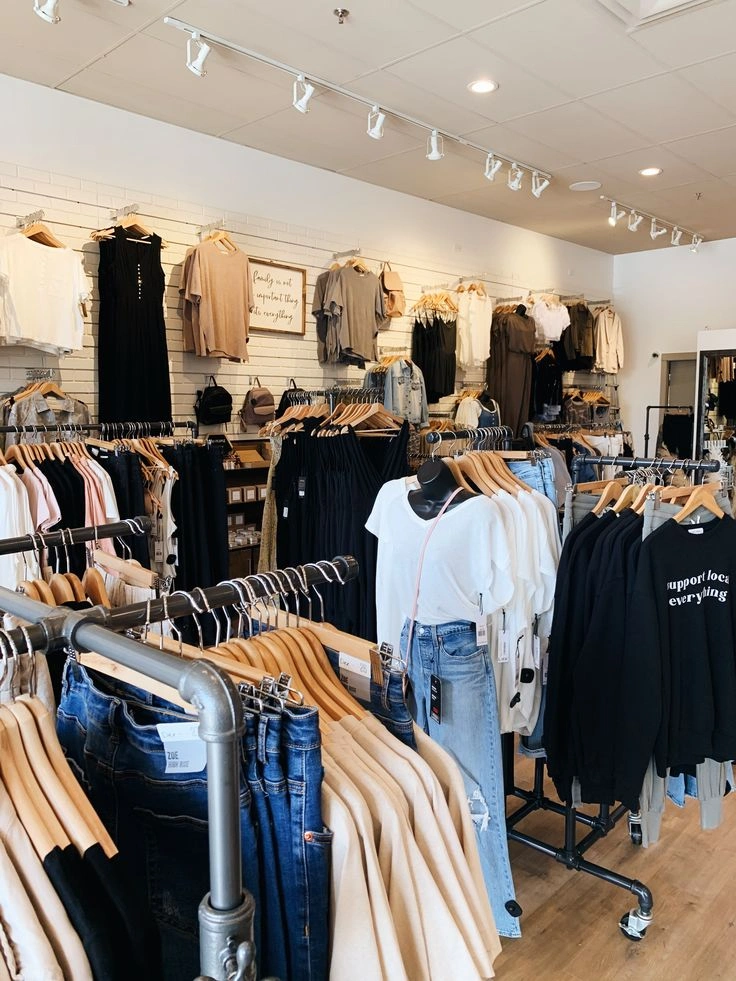
Popular sectors using private label: activewear, loungewear, hats, and boutique fashion collections.
Why Brands Choose Private Label in Apparel
Complete Branding Control
You own your logo, label tags, packaging, and design—ideal for building a recognizable brand identity.
Higher Margins vs. Generic Sourcing
Compared to reselling existing designs, private label products allow better pricing power and profit.
Quality Customization
From styles to fabric types like stretch fabrics and cotton blends, understanding how private label works lets you tailor every detail to fit your brand perfectly.
Scalable and Flexible
Start with smaller batches and appeal to your target market with focused product quality.
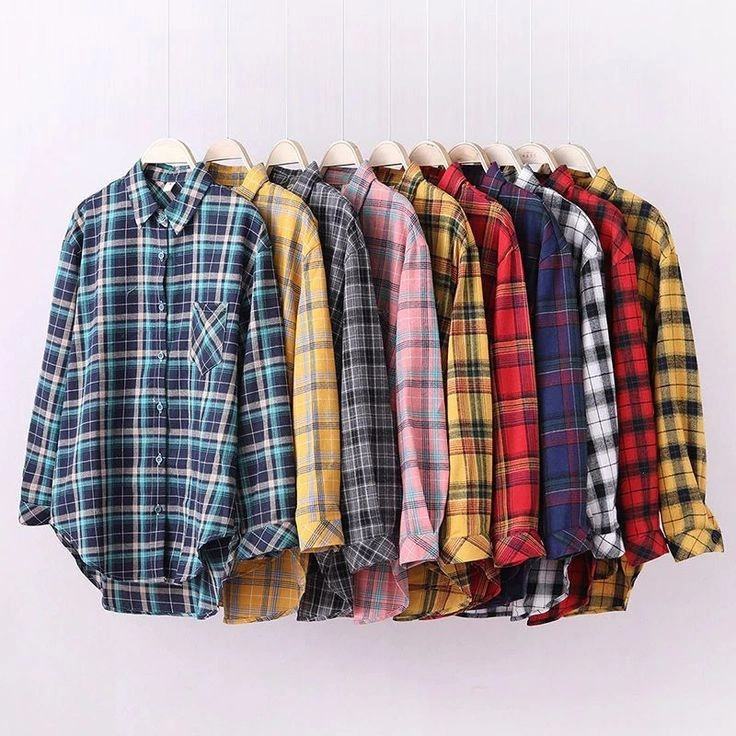
How Private Label Works in Clothing Manufacturing
1. Design & Planning
Define your product concept, technical specifications, sizing chart, and fabric choices.
2. Manufacturer Selection
Search for trusted garment makers including best private label manufacturers and those experienced in custom private label clothing or hats, depending on your line.
3. Sampling & Approval
Receive prototypes and revise until you’re satisfied. Sampling helps you ensure fit, quality, and stitching standards.
4. Branding & Packaging
Manufacturers print your neck labels, tags, hangtags, and packaging with your artwork—delivering a consistent brand experience.
5. Production
Place your bulk order with care. To truly understand how private label works, choose suppliers who offer full customization—not just generic white-label templates. Even in private label dropshipping, working with partners that support custom branding ensures your product stands out.
6. Fulfillment
Products are shipped under your brand. You can handle this in-house or through dropshipping logistics depending on your business model.
Choosing the Right Private Label Manufacturer
Reputation & Experience
Look for manufacturers with proven experience in private label apparel. Search terms like best private label brands, best private label clothing manufacturers, or even industry forums for referrals.
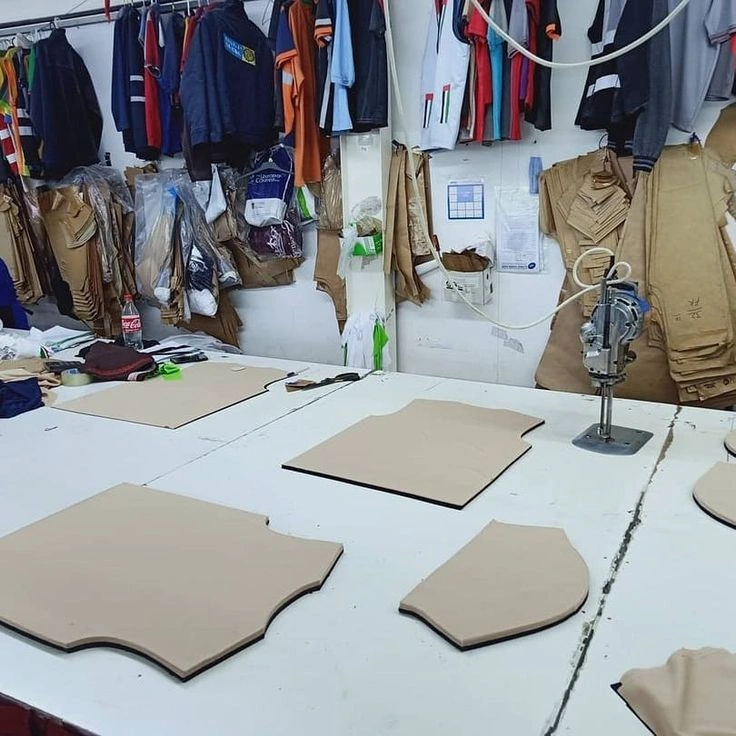
MOQ & Production Capacity
nderstanding how private label works helps you choose manufacturers wisely—many support low-order quantities for startups, while others handle high-volume production for scaling brands.
Quality & Fabric Options
To grasp how private label works effectively, ensure your manufacturer offers reliable fabric sourcing and consistent quality checks. Depending on your product category, you can inquire about custom cap stitching, stretchable styles, or detailed hat embroidery to meet your brand’s standards.
Communication & Flexibility
Efficient communication, willingness to adjust designs, and good sample support are key differentiators.
Top Product Categories Suitable for Private Label
| Category | Benefit |
| Custom Private Label Hats | Simple branding, strong profit margins |
| Stretchable Clothing Lines | Comfort-focused trends in activewear |
| Seasonal Apparel | Quick trend-led design adaptability |
| Boutique Fashion Collection | High design control, batch exclusivity |
You can also expand into niche verticals such as organic cotton loungewear or custom caps.
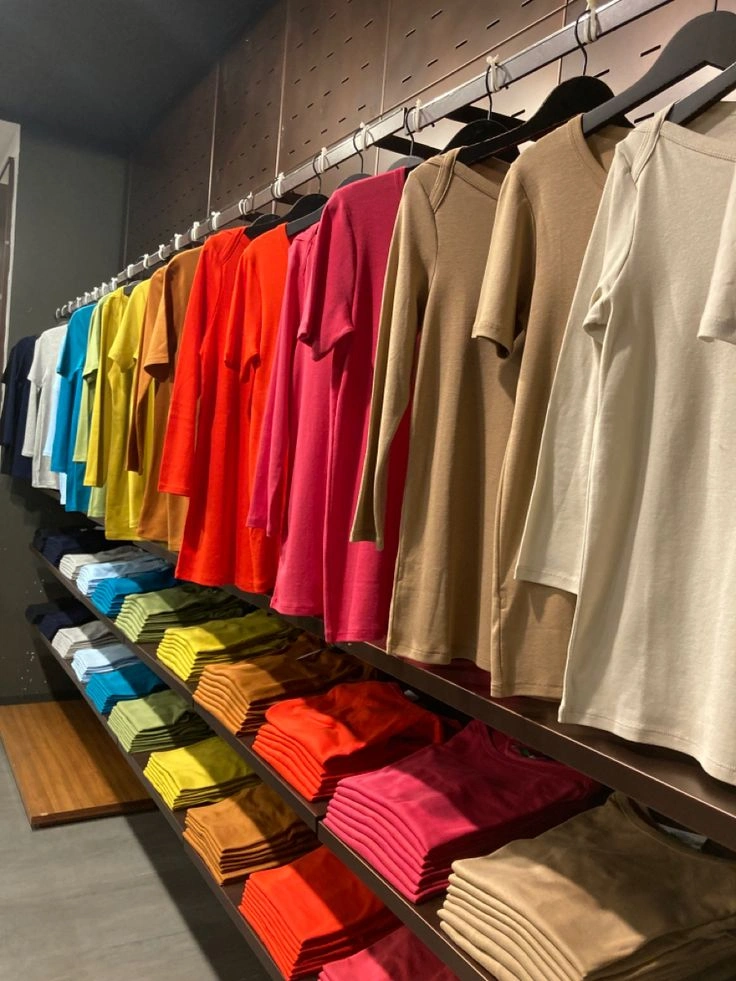
Branding Tips for Your Private Label Clothing
- Design a consistent visual identity: label tags, hangtags, and packaging.
- Align your product design with your audience: eco-conscious, tech-wear, or luxury minimalism.
- Embed your brand story—platform, material sourcing, sustainable practices—for added value.
FAQs: Private Label Clothing Manufacturing
Q1: What’s the difference between private label and white label?
A: White label products are generic and ready-to-sell—with minimal customization. Private label products are tailored specifically for your brand’s identity.
Q2: How much does private label clothing cost to produce?
Understanding how private label works helps explain why prices vary—small private label clothing orders may cost $5 to $20 per piece, depending on customization, fabric, and order size.
Q3: Can I launch with both private label clothing and dropshipping?
A: Yes. Some suppliers offer private label dropshipping, combining branding control with minimal inventory.
Q4: Are there US-based private label clothing manufacturers?
A: Definitely. Several regional factories offer private label apparel with faster turnaround and compliance for American fashion brands.
Q5: How do I protect my brand’s designs?
A: Sign a Non-Disclosure Agreement (NDA) with your manufacturer and limit sample displays publicly before product launches.
Final Thoughts
Private label clothing manufacturing gives brand owners total creative freedom—control over quality, design, and branding—all without needing to build their own factory. This empowers both emerging startups and established labels to launch distinctive collections, enhance customer loyalty, and streamline production and supply chains It’s a smart, scalable model that lets you focus on growing your brand while specialists handle manufacturing, quality control, and fulfillment—all aligned with your vision and standards.
Understanding how private label works is essential for brand success. Partnering with a reputable private label clothing manufacturer like My Apparel Manufacturer, clearly defining your design vision, and maintaining rigorous quality oversight means you can launch a branded line that truly stands out. Private label empowers you with control over materials, branding, and production—without the overhead of owning a factory. This approach enables faster time-to-market, enhanced brand identity, and higher profit margins under My Apparel Manufacturer’s expert guidance.
